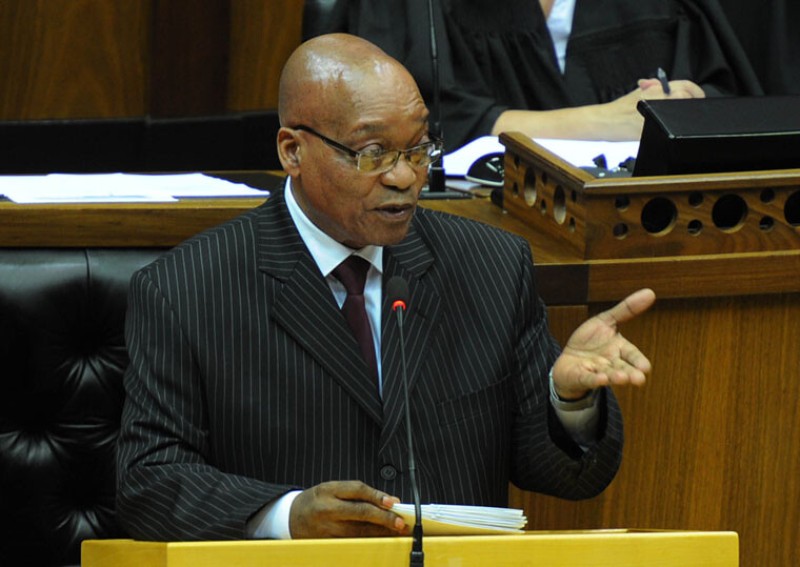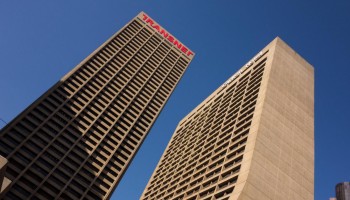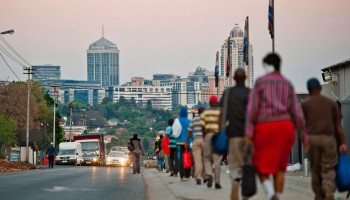“Approximately 1,438 persons and entities were implicated by evidence led before the Commission,” read the nearly 900 page report produced by the commission that was set up almost four years ago to examine the extent of corruption within the South African State.
One of the focal points it assessed were the connections between former South African President Jacob Zuma and the powerful Gupta Family, who many believe had undue power over his administration and influenced the functions of government, ranging from high level appointments to the granting of public tenders.
“Whether President Zuma improperly and in violation of the Executive Ethics Code, allowed members of the Gupta family and his son, to engage or be involved in the process of removal and appointing of various members of the Cabinet,” was among the key questions the commission investigated as they interviewed over 300 witnesses and compiled 75,000 pages of transcription.
Zuma himself was among the many called to testify last year, but was imprisoned after refusing to heed the Commission's summons. He was released in September on medical parole.
“President Zuma fled the Commission because he knew there were questions that would be put to him which he would not have been able to answer,” the document said.
Overall the report found “a scarcely believable picture of rampant corruption,” under the former president’s watch within the South African institutions examined.
Those included the South African Revenue service (SARS), the South African Airways (SAA), the South African rail company, Transnet, and Eskom, the country’s chief electricity provider. Also implicated were several multinational companies, including the Boston-based consulting firm, Bain & Co.
The Commission referred a number of state and private entities to law enforcement authorities for further investigation and prosecution. It also recommended major changes.
“Following the exposure of state capture it may well be that Ministers have been more careful in making appointments and that the SOEs (State-Owned Enterprises) are beginning to show the benefit of better governance,” said the report.
”Nonetheless, it is inconceivable that the system of appointments can be left unreformed. The national interest demands that state owned enterprises operate under efficient and professional leadership which requires that the appointment procedure is transparent, not driven by party political interests but made in accordance with objective criteria.”






